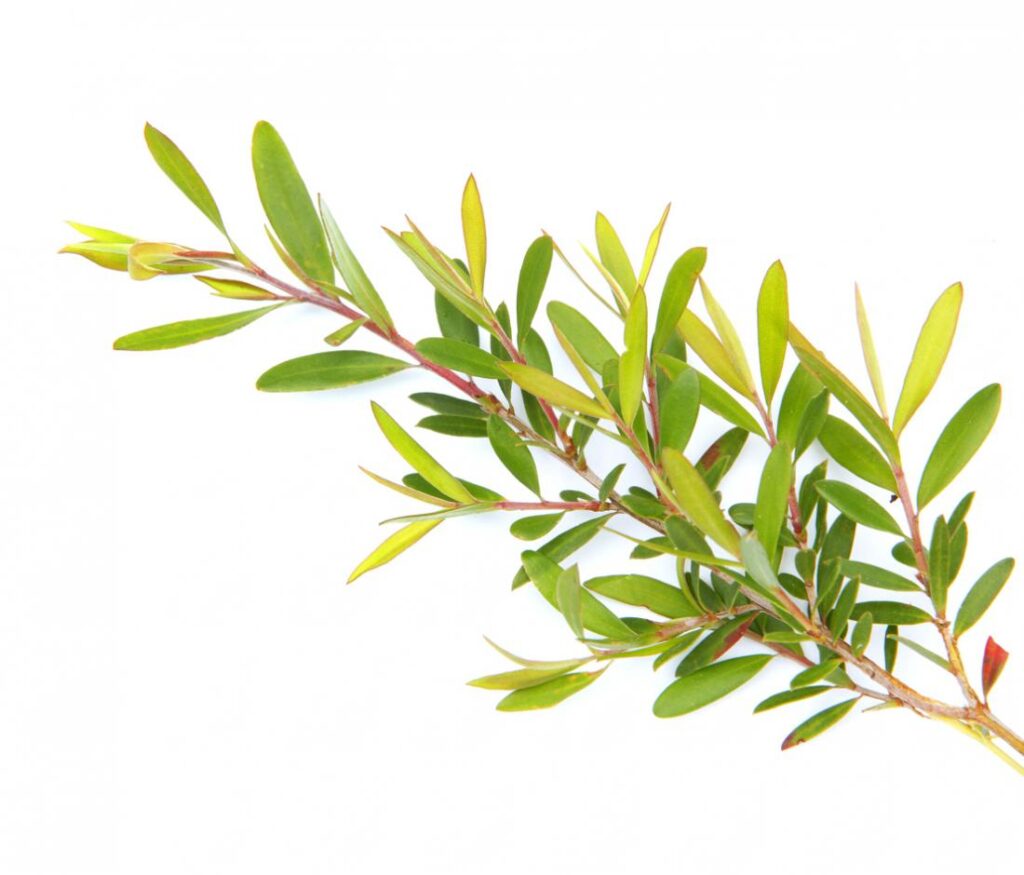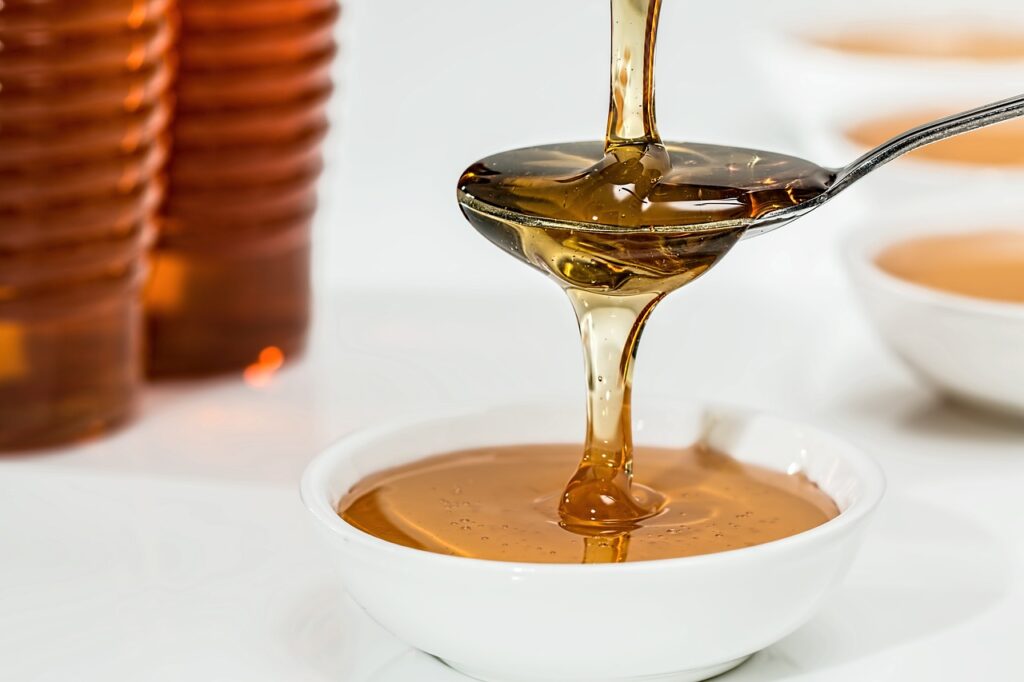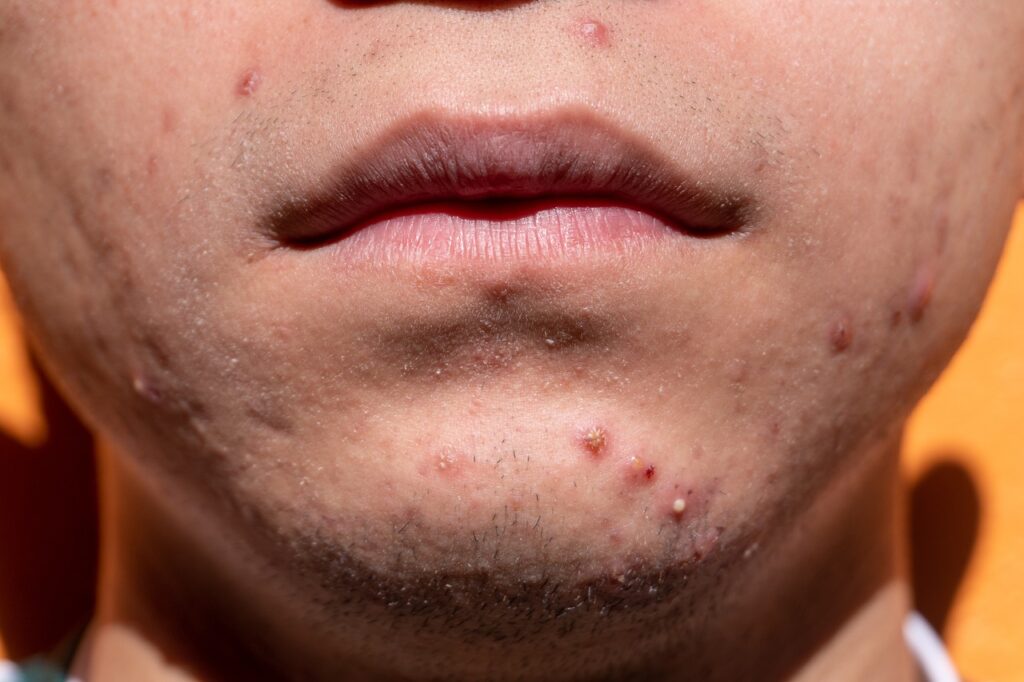Acne is a common skin condition that occurs when hair follicles become clogged with oil and dead skin cells. It typically presents as pimples, blackheads, whiteheads, or cysts, and can occur on the face, neck, chest, back, and shoulders. Acne is most prevalent during puberty due to hormonal changes, but it can affect individuals of all ages.
In Biodecoding, a holistic approach that delves into the emotional and psychological roots of physical ailments, acne is believed to have emotional causes deeply intertwined with unresolved inner conflicts and suppressed emotions. Beyond being viewed solely as a dermatological issue, acne is seen as a manifestation of underlying emotional distress and imbalances within the individual.
One significant emotional cause attributed to acne in Biodecoding is the conflict of identity and a lack of self-acceptance. Individuals experiencing acne may struggle with feelings of inadequacy, self-doubt, or a sense of not being good enough. This inner turmoil can manifest externally as skin breakouts, serving as a visible expression of the internal struggle with self-identity and acceptance.
Moreover, a lack of support and understanding from others can exacerbate feelings of insecurity and self-esteem issues, further contributing to acne flare-ups. Fear of rejection or criticism from peers, family members, or society at large may create additional stress and emotional strain, which can manifest physically as acne.
In addition, unresolved fears or anxieties about changes in sexuality or body image can play a role in the development or exacerbation of acne. The fear of not fitting societal beauty standards or facing rejection due to perceived imperfections can contribute to feelings of shame, guilt, or unworthiness, which may manifest as acne.
Furthermore, Biodecoding suggests that acne can be a reflection of a reluctance to embrace adulthood and the responsibilities that come with it. Individuals may subconsciously resist the process of growing up, preferring to remain in a state of adolescence where they feel safe and free from the pressures of adulthood. This resistance to personal growth and maturity can manifest physically as acne, serving as a visible expression of the inner conflict.
It’s important to note that while Biodecoding offers insights into the emotional underpinnings of acne, it does not negate the importance of seeking medical treatment or skincare professionals. Acne can also be caused by bacterial infections or hormonal imbalances, making it essential to consult with healthcare professionals for proper diagnosis and treatment.
In addressing acne from a Biodecoding perspective, the focus extends beyond topical treatments to exploring and resolving the underlying emotional imbalances contributing to the condition. This may involve techniques such as emotional release work, therapy, self-love practices, and creating a supportive environment conducive to emotional well-being.
Ultimately, by addressing the emotional root causes of acne and fostering self-acceptance and self-love, individuals can work towards achieving clearer skin and overall holistic well-being. It’s essential to approach acne treatment holistically, considering both the physical and emotional aspects of health, and seeking support from healthcare professionals when needed.
Natural Remedies for Treating Acne:
Tea Tree Oil:

- Research: Tea tree oil has been studied for its potential antibacterial and anti-inflammatory properties, making it a popular natural remedy for acne. A study published in the Australasian Journal of Dermatology found that a 5% tea tree oil gel was effective in reducing acne lesions.
- Uses: Tea tree oil can be applied topically to acne-prone areas after diluting it with a carrier oil, such as coconut oil or jojoba oil. It’s important to perform a patch test before using tea tree oil to check for any allergic reactions or skin irritation.
- Properties: Tea tree oil exhibits antimicrobial properties that can help kill acne-causing bacteria and reduce inflammation in the skin.
- Warnings: Tea tree oil can cause skin irritation or allergic reactions in some individuals, especially those with sensitive skin. It should be used cautiously and avoided by pregnant or breastfeeding women.
Before using tea tree oil for acne treatment, it’s essential to perform a patch test and consult with a dermatologist, especially if you have sensitive skin or are pregnant or breastfeeding.
Honey:

- Research: Honey has been used for centuries for its wound-healing and antibacterial properties. Studies have shown that honey can help reduce acne lesions and inflammation due to its antimicrobial effects.
- Uses: Raw honey can be applied directly to acne-affected areas as a spot treatment or used as a face mask by mixing it with other ingredients like yogurt or oatmeal.
- Properties: Honey contains enzymes and antioxidants that can help soothe and heal the skin, making it an effective natural remedy for acne.
- Warnings: While honey is generally safe for topical use, individuals with allergies to bee products should avoid using it. It’s also important to use raw, unpasteurized honey for acne treatment, as processed honey may not have the same therapeutic benefits.
Individuals with bee product allergies should avoid using honey for acne treatment. Always use raw, unpasteurized honey and perform a patch test before applying it to the skin.
Aloe Vera:

- Research: Aloe vera has anti-inflammatory and wound-healing properties, making it a popular natural remedy for acne. Research suggests that aloe vera gel can help reduce acne severity and promote skin healing.
- Uses: Aloe vera gel can be applied directly to acne-prone areas as a moisturizer or spot treatment. It can also be used in combination with other ingredients like tea tree oil or witch hazel for added benefits.
- Properties: Aloe vera contains compounds that help reduce inflammation, soothe irritated skin, and promote wound healing, making it beneficial for acne treatment.
- Warnings: While aloe vera is generally safe for topical use, some individuals may experience allergic reactions or skin irritation. It’s essential to perform a patch test before using aloe vera gel on larger areas of the skin.
Individuals with sensitive skin should perform a patch test before using aloe vera gel for acne treatment. If irritation occurs, discontinue use and consult with a dermatologist.
In summary, while natural remedies like tea tree oil, honey, and aloe vera can be effective for treating acne, it’s important to use them cautiously and under the guidance of a healthcare professional, especially if you have sensitive skin or allergies. Always perform a patch test before using any new natural remedy and discontinue use if you experience any adverse reactions. Consulting with a dermatologist can help determine the best course of treatment for your specific skin concerns.
With love Ana!
The information provided in this post is for educational purposes only and is not intended as medical advice.
I only recommend products or services that I personally use and believe will add value to my audience. Your support in purchasing through these links enables me to continue creating helpful content. Thank you for your support!

